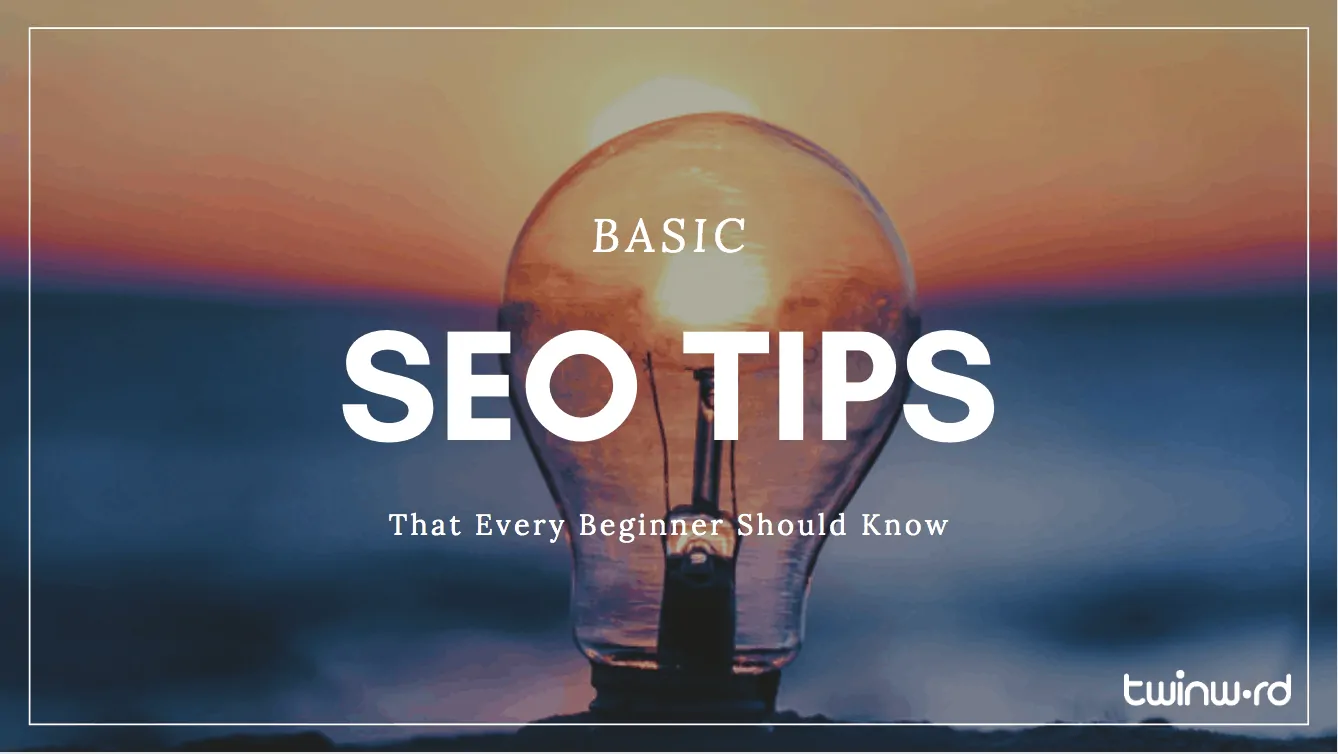SEO can seem complex for beginners. But, it’s essential for online success.
Understanding the basics of SEO can boost your website’s visibility. This means more visitors and potential customers. For those new to SEO, this guide will offer clear, practical tips. You don’t need to be an expert to get started. Small steps can lead to significant results.
Our tips are easy to follow and will help you improve your website’s ranking. With a bit of effort, you can make your site more attractive to search engines. This will ensure that your content reaches the right audience. So, let’s dive into these SEO tips and start optimizing your website.

Credit: www.loop-digital.co.uk
Keyword Research
Start by thinking about what your audience wants. Make a list of terms they might search for. These terms are your keywords. Try to use words that are simple and clear. Think like your audience. What words would they use?
There are many tools to help you find good keywords. Google Keyword Planner is one of them. It shows how often people search for a word. Ubersuggest is another tool. It gives ideas for more keywords. Ahrefs and SEMrush are also useful. They show what keywords your competitors use.
On-page Seo
Optimize your website content with on-page SEO tips. Focus on keyword placement, meta tags, and user-friendly URLs. These basics help beginners improve search rankings.
Optimizing Title Tags
Title tags are very important. They tell what your page is about. Keep them short. Use your main keyword in the title. Make it clear and catchy. Aim for 50-60 characters. This helps search engines and people.
Improving Meta Descriptions
Meta descriptions give a quick page summary. They should be 150-160 characters long. Use action words to attract clicks. Include your main keyword. Make it engaging and clear. This helps improve your click-through rate.
Using Header Tags
Header tags make content easy to read. Use H1 for main title. Use H2 for main sections. Use H3 for sub-sections. They help structure your content. Include keywords in headers. This helps search engines understand your page.
Content Creation
Focus on quality over quantity. Engage your readers with clear and useful information. Use simple words and short sentences. Break up text with headings and lists. Keep paragraphs short. This helps readers stay interested.
Keywords are important. Use them in a natural way. Place them in the title, headings, and first paragraph. Spread them evenly throughout the text. Avoid keyword stuffing. It makes content hard to read. Always prioritize clarity and flow.

Credit: www.twinword.com
Technical Seo
Fast site speed is very important. It helps users stay longer. It also improves your search ranking. Compress images to make them smaller. Use browser caching to store data. Minimize JavaScript and CSS files.
Many users browse on their phones. A mobile-friendly site is a must. Use responsive design. This adjusts your site to fit any screen. Test your site on different devices. Make sure buttons are easy to tap. Text should be large enough to read.
Backlink Building
Quality backlinks come from trusted sites. Check their domain authority. Higher authority means better quality. Look for relevant content. Links should fit your niche. Avoid spammy sites. They harm your ranking. Good backlinks boost your site’s credibility.
Create valuable content. People link to helpful resources. Write guest posts for other blogs. Share your expertise. Use social media. Share your work often. Connect with influencers. They can link to your site. Participate in forums. Be active and helpful. Offer free tools or resources. These attract links naturally.
Monitoring And Analytics
Google Analytics helps track website traffic. It shows how visitors find your site. This tool is free and easy to use. It provides valuable data on user behavior. You can see which pages are most popular. You can also track how long users stay on your site. This information helps improve your SEO strategy. Regularly check your Google Analytics reports. Look for trends and patterns in user behavior. Make changes based on the data you see. This will improve your site over time.
Tracking SEO performance is important. Use tools to monitor your rankings. Google Search Console is helpful. It shows how your site appears in search results. You can see which keywords bring traffic. This helps you optimize your content. Track your backlinks too. High-quality backlinks improve your SEO. Make sure to remove any bad links. Regular checks ensure your site stays healthy. Use the data to make informed decisions. Constantly improve your SEO strategy.
Common Seo Mistakes
Using too many keywords can hurt your site. Search engines may see this as spam. Use keywords naturally in your text. This makes your content more readable. It also keeps the readers engaged. Focus on quality content. It should answer users’ questions. Keywords should fit in smoothly.
Duplicate content can confuse search engines. They may not know which page to rank. This can lower your rankings. Always create original content. Check your site for duplicates. Tools like Copyscape can help. Avoid copying text from other sites. Write in your own words. This keeps your site unique. It also helps with SEO.

Credit: www.semrush.com
Frequently Asked Questions
How Can I Start Seo As A Beginner?
To start SEO as a beginner, learn basic keyword research. Optimize your website’s content. Improve page loading speed. Ensure mobile-friendliness. Build quality backlinks. Use tools like Google Analytics to track progress.
What Is The 80 20 Rule Of Seo?
The 80/20 rule of SEO states that 80% of your results come from 20% of your efforts. Focus on high-impact activities like quality content and backlinks to maximize SEO success.
What Are The 4 P’s Of Seo?
The 4 P’s of SEO are: Product, Price, Place, and Promotion. Optimize content by focusing on keywords, user experience, and backlinks.
How Can I Teach Myself Seo?
Learn SEO by reading blogs, watching tutorials, and taking online courses. Practice by optimizing your own website.
Conclusion
Starting with SEO can feel overwhelming, but you can succeed with simple steps. Focus on quality content, keywords, and user experience. Remember, SEO is a long-term effort. Be patient and consistent. Regularly update your content to stay relevant. Monitor your progress and adapt your strategies.
Keep learning and stay informed about SEO trends. Small improvements can lead to better rankings over time. Enjoy the process and watch your website grow. Happy optimizing!

I am a passionate digital marketer with a strong expertise in SEO and article writing. With years of experience in crafting compelling content and optimizing it for search engines, I help businesses enhance their online visibility and drive organic traffic. Whether it’s creating engaging blog posts or implementing effective SEO strategies, I am dedicated to delivering results that make an impact.
